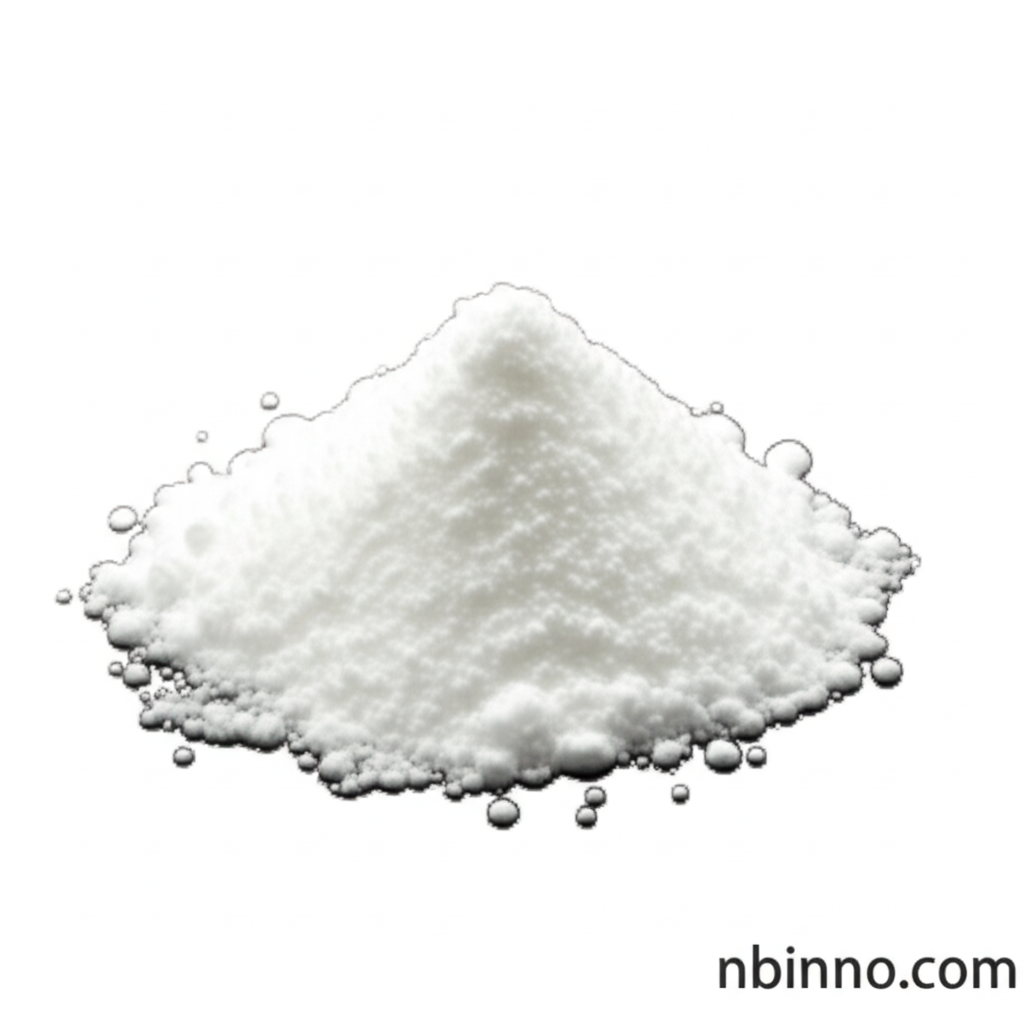6-Hydroxypurine (CAS 68-94-0): A Key Pharmaceutical Intermediate and Biochemical Compound
Discover the essential properties and applications of 6-Hydroxypurine, a critical purine derivative for pharmaceutical synthesis and biochemical research. Learn why it's a preferred choice for manufacturers and researchers globally.
Get a Quote & SampleProduct Core Value

6-Hydroxypurine
As a trusted supplier in China, we provide high-quality 6-Hydroxypurine, a crucial organic intermediate. Its chemical name is 6-Hydroxypurine, with the CAS number 68-94-0 and molecular formula C5H4N4O. Its molecular weight is 136.11. This compound is primarily utilized as a pharmaceutical intermediate, serving as a vital raw material for the synthesis of important drugs like mercaptopurine and azathioprine. Its consistent quality ensures reliable outcomes in complex pharmaceutical manufacturing processes.
- Explore the pharmaceutical intermediate uses of 6-Hydroxypurine for your drug synthesis needs.
- Understand the biochemical uses of 6-Hydroxypurine in advanced research applications.
- Learn about the chemical properties of 6-Hydroxypurine, vital for precise scientific applications.
- Source high-purity Hypoxanthine for your cell culture requirements as a key additive.
Advantages Provided by the Product
Reliable Pharmaceutical Synthesis
Leverage the purity of 6-Hydroxypurine as a pharmaceutical intermediate to ensure the efficacy and safety of your final drug products, supporting your efforts in synthesizing mercaptopurine and azathioprine.
Versatile Biochemical Applications
Utilize Hypoxanthine in various biochemical research settings, including its role as a key additive in cell cultures, contributing to groundbreaking scientific discoveries.
Consistent Chemical Quality
Benefit from the consistent chemical properties of 6-Hydroxypurine, making it an ideal choice for demanding applications in advanced organic synthesis and research.
Key Applications
Pharmaceutical Development
As a critical pharmaceutical intermediate, 6-Hydroxypurine is indispensable for the synthesis of anti-cancer and immunosuppressant drugs, directly impacting therapeutic advancements.
Biochemical Research
Its role as a purine derivative makes Hypoxanthine valuable for studying metabolic pathways and nucleic acid synthesis, offering insights for various biological studies.
Cell Culture Media
Used as a nutrient additive in cell cultures, supporting the growth of bacteria, parasites, and animal cells, crucial for laboratory research and biotechnological applications.
Metabolite Studies
Hypoxanthine serves as a marker for energy perturbation, particularly in hypoxia/ischemia studies, and its role in DNA destabilization is a subject of ongoing research.
